A street pastor in Perth has lifted the lid on the struggles faced by asylum seekers at one of the city’s biggest hotels.
The Courier reported in November that the Station Hotel and Queens Hotel, both on Leonard Street, had both agreed contracts with the UK Government to house displaced persons.
Jordanian-born street pastor Suzanne Black has been using her knowledge of Arabic to help asylum seekers in one of the hotels integrate with the local community.
Most of the current residents of the hotel, which remains closed to the public, have Arabic as their first language.
These hail from Egypt, Iraq, Somali, Sudan, Kuwait, Syria and Yemen.
There are also Pakistanis who speak Urdu, Eritreans whose first language is Tigrinya, Iraqis and Syrians who communicate in Kurdish, and Nigerians with a strong command of English.
This article reveals some of the challenges faced by asylum seekers staying in Perth, including reaching the UK on a broken dinghy and being persecuted in Kuwait – one of the richest countries in the world.
Tears after cholera request
Like many of the hotel’s residents, Suzanne Black (nee Zu’mut) left her native country in her early 20s as conflict raged.
She grew up in Jordan’s capital, Amman, and departed in 1970 amid civil war.
Her safe destination was Beirut, the capital of Lebanon.
Suzanne recalls flying in a plane alongside injured people and being asked on arrival if she had received a cholera inoculation.
“That’s when tears came down my face,” she said. “It was the contrast of being treated like I lived in a third-world country.
“There was fighting in Jordan and Beirut was the free one.”
In less than five years the tables turned. The onset of the 15-year Lebanese civil war meant she returned to Jordan, which by now was safe.
Teaching at Perth Airport
Suzanne, who taught English literature while in Beirut, worked in Jordan as a television reporter for English-speaking Channel 2.
She also taught aviation English for Royal Jordanian Airlines, which is where she met her future husband, the late William Black.
The Glaswegian worked with the Jordanian air force as a flying instructor.
In 1986 the married couple returned to his native country with their two-year-old daughter Fiona.
They lived in Scone, which enabled Suzanne to teach aviation English at nearby Perth Airport while teaching Arabic at St Andrews university.
‘We need people on the street’
Christianity is a minority religion in Jordan but it retains special significance in the country.
Jordan is thought to have hosted the world’s oldest Christian church, which was used by Christ’s followers who fled Jerusalem after the crucifixion.
Suzanne, who says she can trace back her Christian roots 2,000 years, began worshipping in Perth at the Christian Fellowship.
“It’s very important for people to know that Jordan was 80% Christian before the Crusades,” she said.
Suzanne moved to Perth Baptist Church where, eight years ago, she heard about and got involved in the street pastor scheme.
Street pastors come from more than 20 churches of different denominations in Perth and Kinross.
They go out on the streets to listen and offer help to any individual who wishes to talk about their life.
“When I saw them working on the street my heart danced because that is what we need,” Suzanne said.
“We need people on the street – not confined to church buildings.
“A lot of people feel awkward in a church.”
Residents have to wait for allowance
Suzanne began to help the hotel residents in December 2022.
The asylum seekers – exclusively male, aged between 20 and 45 – had found their way to the UK via Belfast or across the English Channel.
Initially they were allocated rooms in Station Hotel but this closed for a revamp so they were moved to Queen’s Hotel.
In December a new tranche of asylum seekers arrived. They moved into Queen’s Hotel, whose current occupants returned to the Station Hotel.
They were each given an ID card stating they are not allowed to work.
Their £8 weekly allowance is only accessible at cash machines via a special card.
But the lowest withdrawal amount is £10, meaning they have to wait until the second week to receive any money.
‘They love Scotland’
Amnesty defines an asylum seeker as a person seeking protection from persecution and serious human rights violations in another country.
They become a refugee when their application has been processed.
At least once a week, Suzanne visits the hotel with fellow street pastor Allie Moir.
“They all ask for English classes,” Suzanne said.
Most of these take place in Perth College, as well as ESOL Perth in Scott Street.
Suzanne has recently begun teaching English to asylum seekers from Sudan and Afghanistan who have arrived more recently.
“They like to have someone talking to them individually,” she said.
“The people in Perth have been amazing in all they have donated.
“They say there is nowhere else that treats you like a human more than in Scotland.
“I heard this from many of them. They love Scotland.”
Dinghy had hole in the English Channel
When they first arrived in the UK the asylum seekers were interviewed by border authorities.
This may help explain Suzanne’s observation that “they don’t look troubled when they tell you about the worst things that have happened to them.”
One of these stories is that of the four Eritreans, fleeing the Tigray Conflict, who were on the same dinghy in the English Channel.
“There was a hole in the dinghy they were in and they were trying to scoop the water out with their hands,” Suzanne said.
Somehow they managed to make it across to England with their lives intact.
But one of the Eritreans lost his mobile phone and Tigrinya bible on the journey.
In the grand scheme of things this may not sound important but he can only communicate in Tigrinya, which made the bible a big loss.
After two months Suzanne managed to source a Tigrinya bible from Bournemouth.
“When I got him it he couldn’t believe it,” Suzanne said.
“It felt as though I had made a difference.”
She also recalls that when she first met the Eritreans they were all in flip flops.
“They couldn’t go out because it was so cold,” she said.
Shoulder dislocated at demonstration
One of the asylum seekers fled Sudan during the civil war.
“It took him four years to get here,” Suzanne said.
He first went to Egypt and then flew to Turkey, from where he travelled on the road through Europe before eventually ending up in Belfast.
“He said he was at a demonstration and was hit by the army,” she said.
“He lost consciousness and fell sideways, dislocating his shoulder. It affected his hip.”
Escape from wealthy country
A curious hotel resident is a Kuwaiti seeking asylum.
The country has not been involved in a conflict since an Iraqi invasion triggered the first Gulf War in the early 1990s.
Kuwait’s petroleum-based economy also makes it one of the richest countries in the world.
But it also practices a system of institutionalised discrimination against its residents known as Bedoons.
These long-time inhabitants have been denied Kuwaiti citizenship and are barred from employment, denied education for their children and are restricted in their movements.
The hotel resident is one such Bedoon. In Kuwait he lived in a tent and survived by rearing livestock.
“He has a wife and five children back in Kuwait,” Suzanne said,
“He belongs to a big community but they don’t go to school or have national health, or go to university so he can’t speak a word of English.
“He is here because he wants to work. He wants to be a barber and then send money to his family or bring them here.”
‘Time of their lives’ at ceilidhs
Efforts are made by many agencies to ensure the asylum seekers are happy and integrate with the community.
These include the Scottish Refugee Council, YMCA, Mears, Police Scotland, Perth and Kinross Council, the Gannochy Trust and PKAVS.
“I wouldn’t have been able to do much without these organisations,” Suzanne said.
She helped organise the asylum seekers’ presence at two ceilidhs at the Baptist church: one on Hogmanay, another to mark Burns Day.
“We took some of them to the church and then home,” she said. “They all had the time of their lives.
“It’s amazing to be able to do something positive.
“I care about people with problems and they have been through so much.”
Opportunities for school pastors
Suzanne’s work with the asylum seekers coincides with a new partnership for the pastors.
The group has expanded its school pastors programme, which began at Perth Grammar School six years ago.
The pastors are now also providing guidance and support for pupils at Bertha Park High School.
“School pastoring is an extension of street pastoring,” said Gordon Loudon, chair of Perth Street Pastors
“We are also there for the teachers, not just the pupils.”
He is looking for adult volunteers willing to become a street or school pastor.
If you are interested, contact Gordon on perth@streetpastors.org.uk.
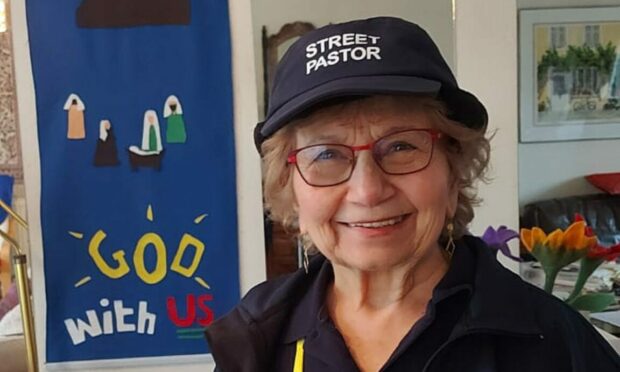
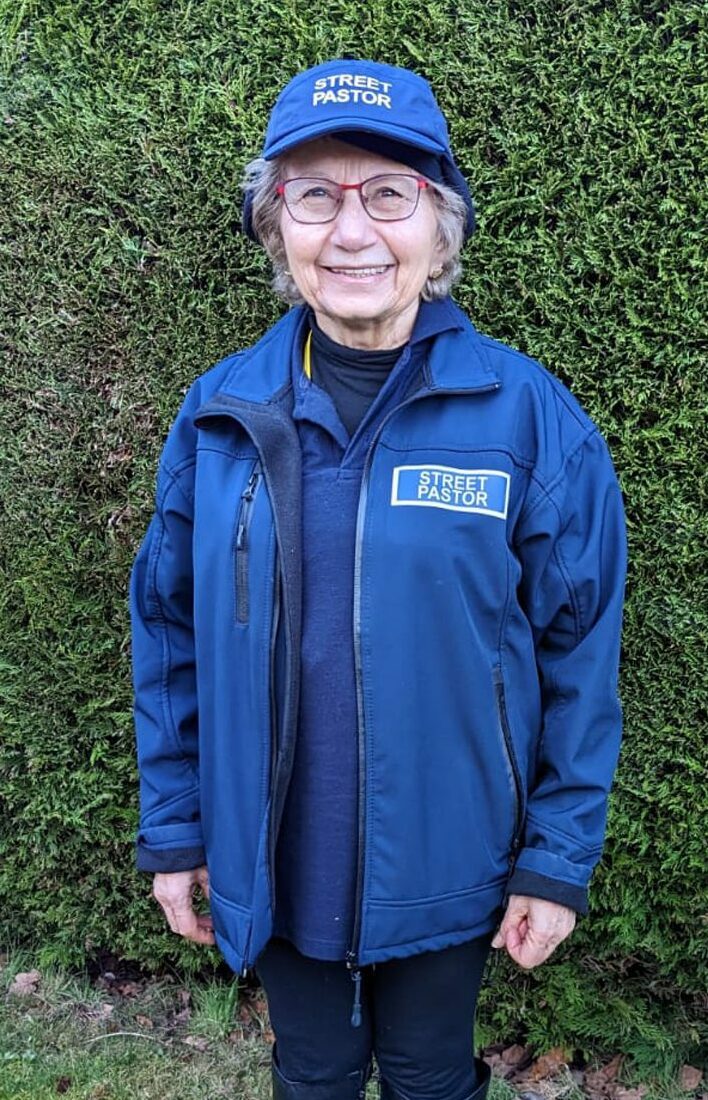
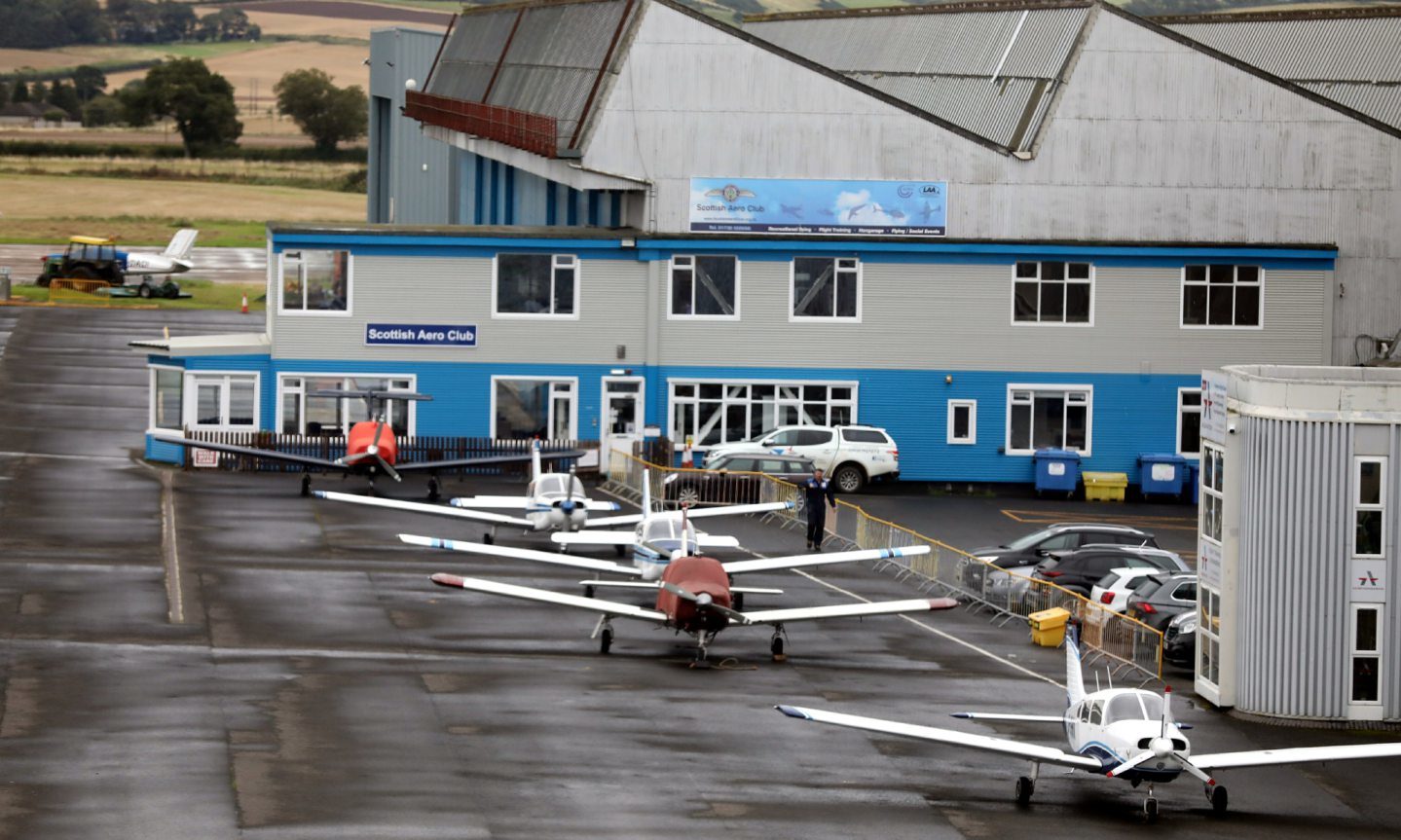
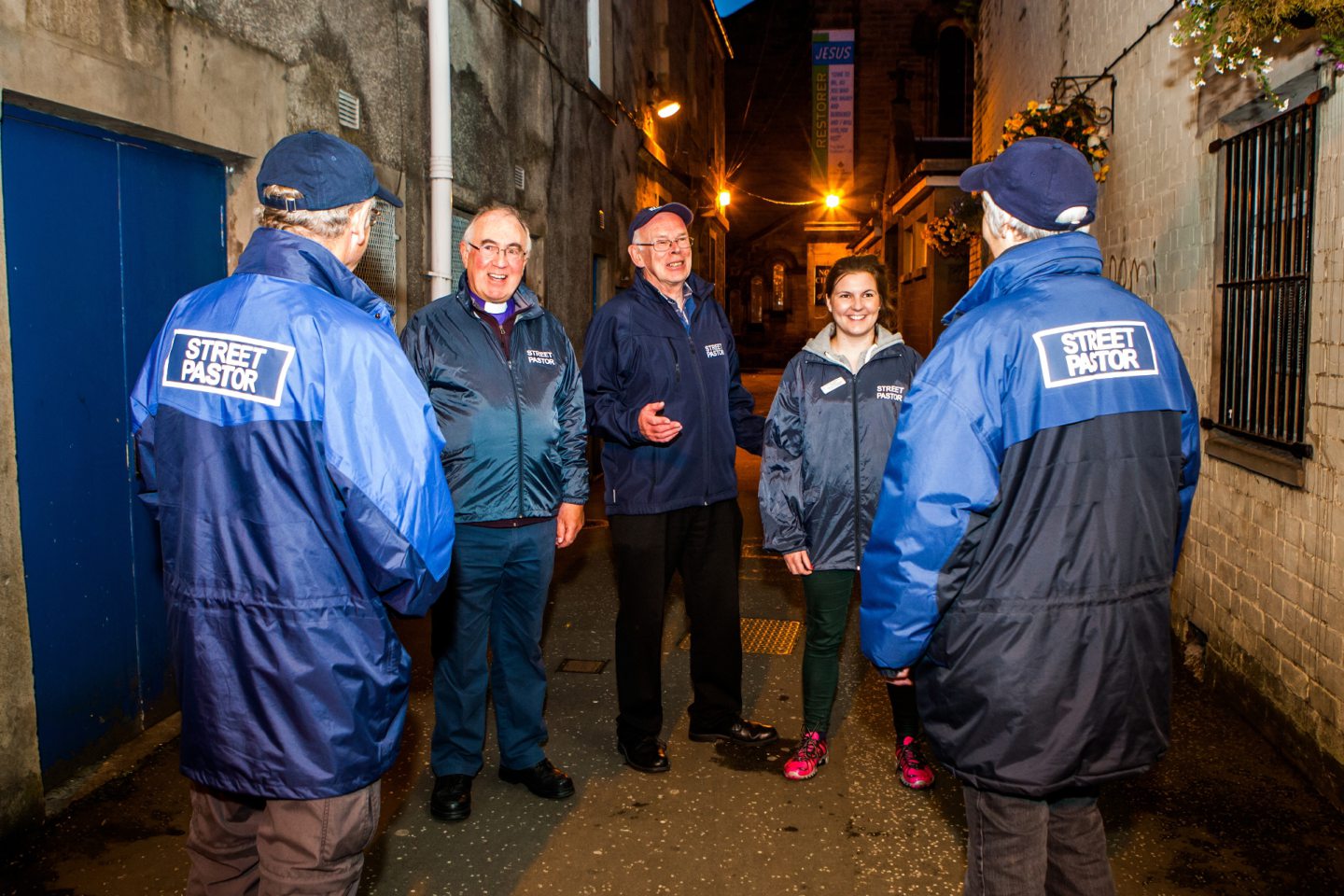
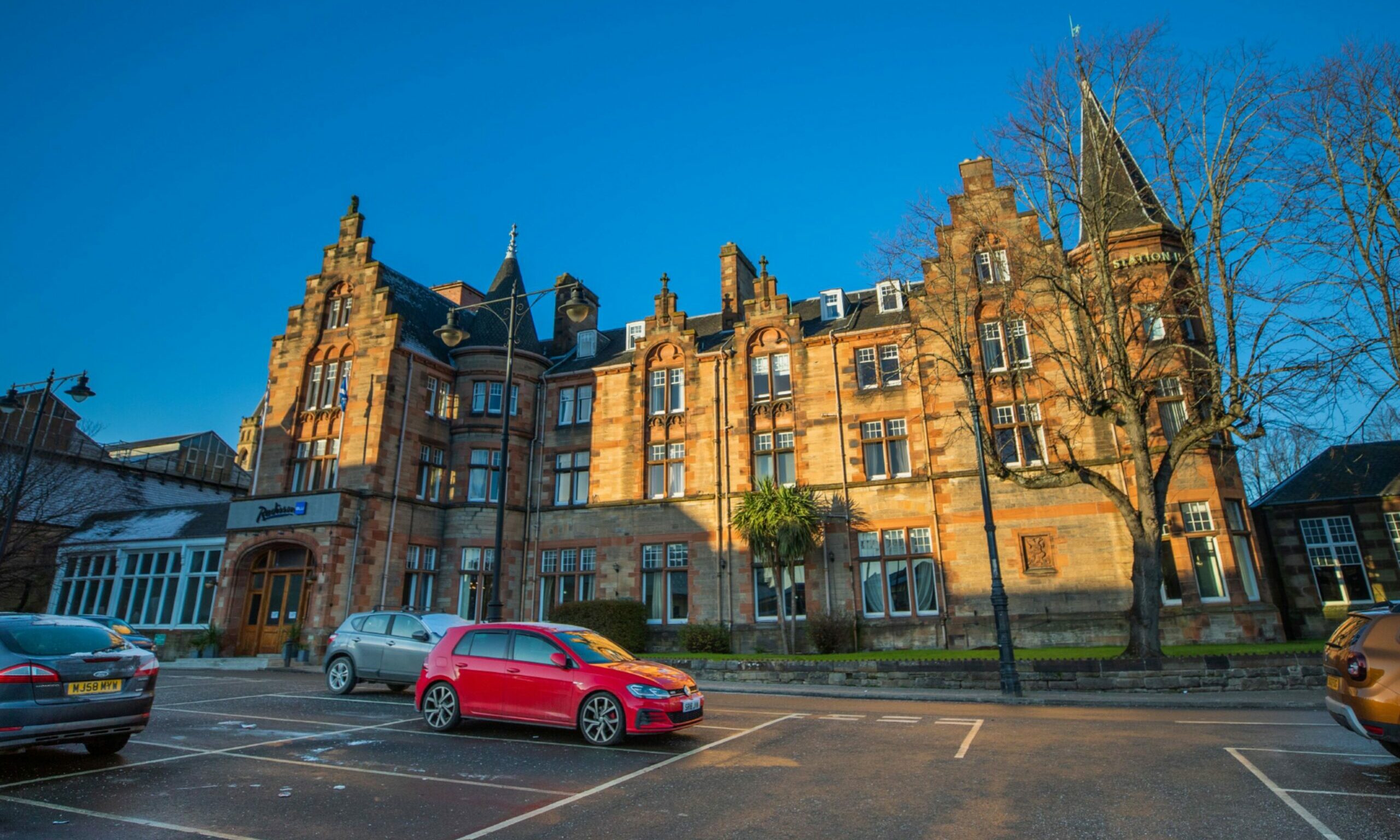

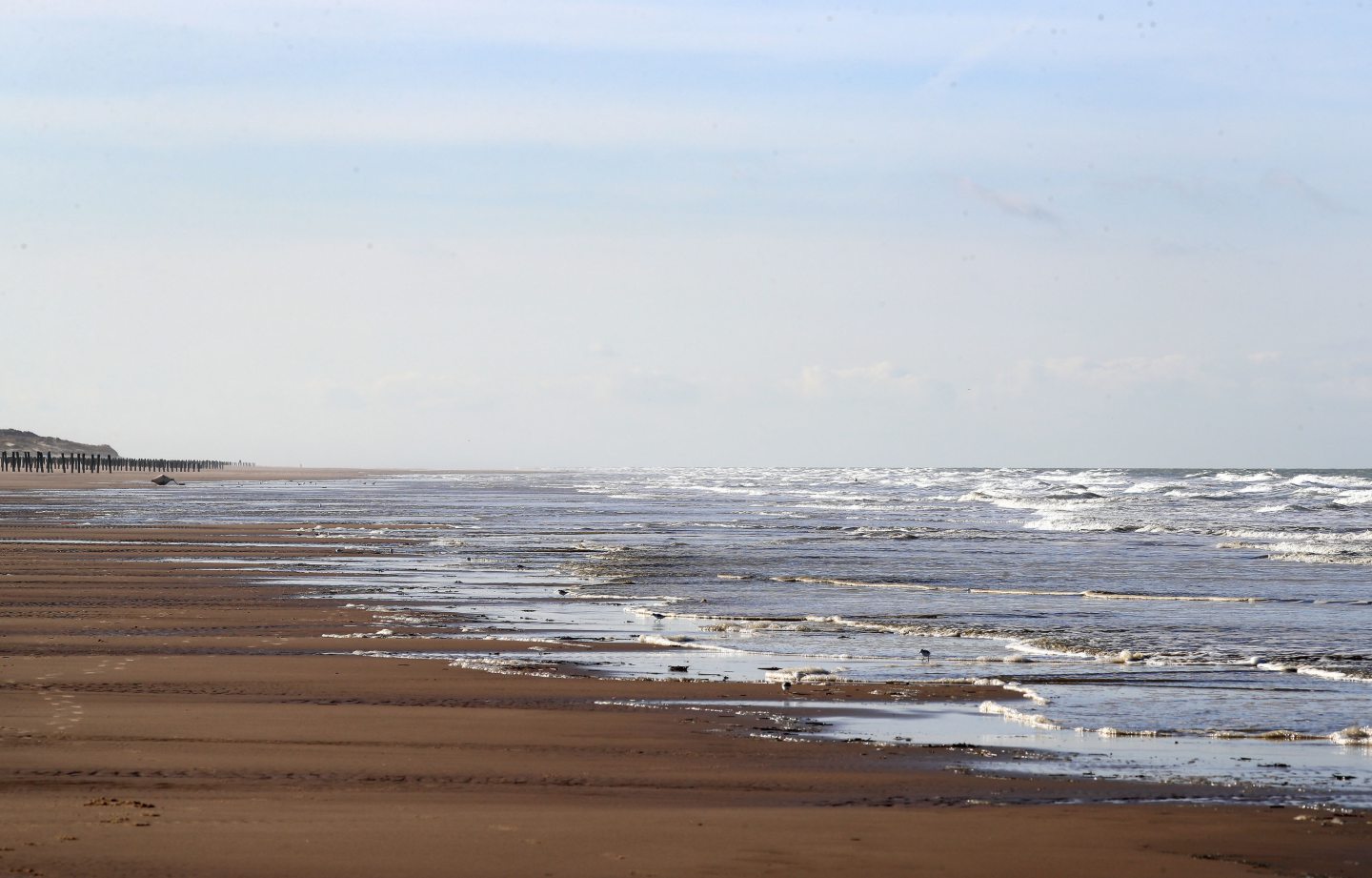
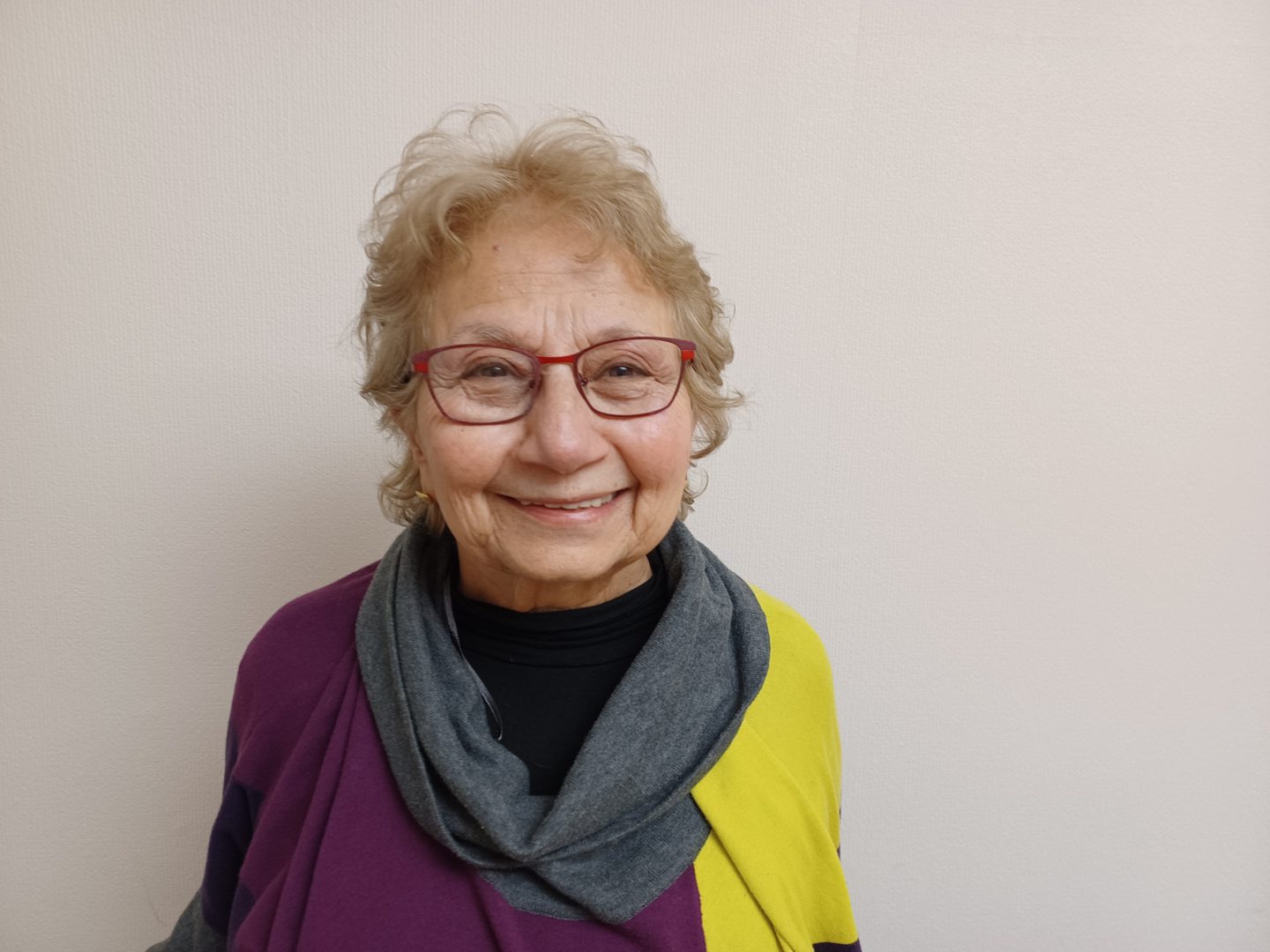
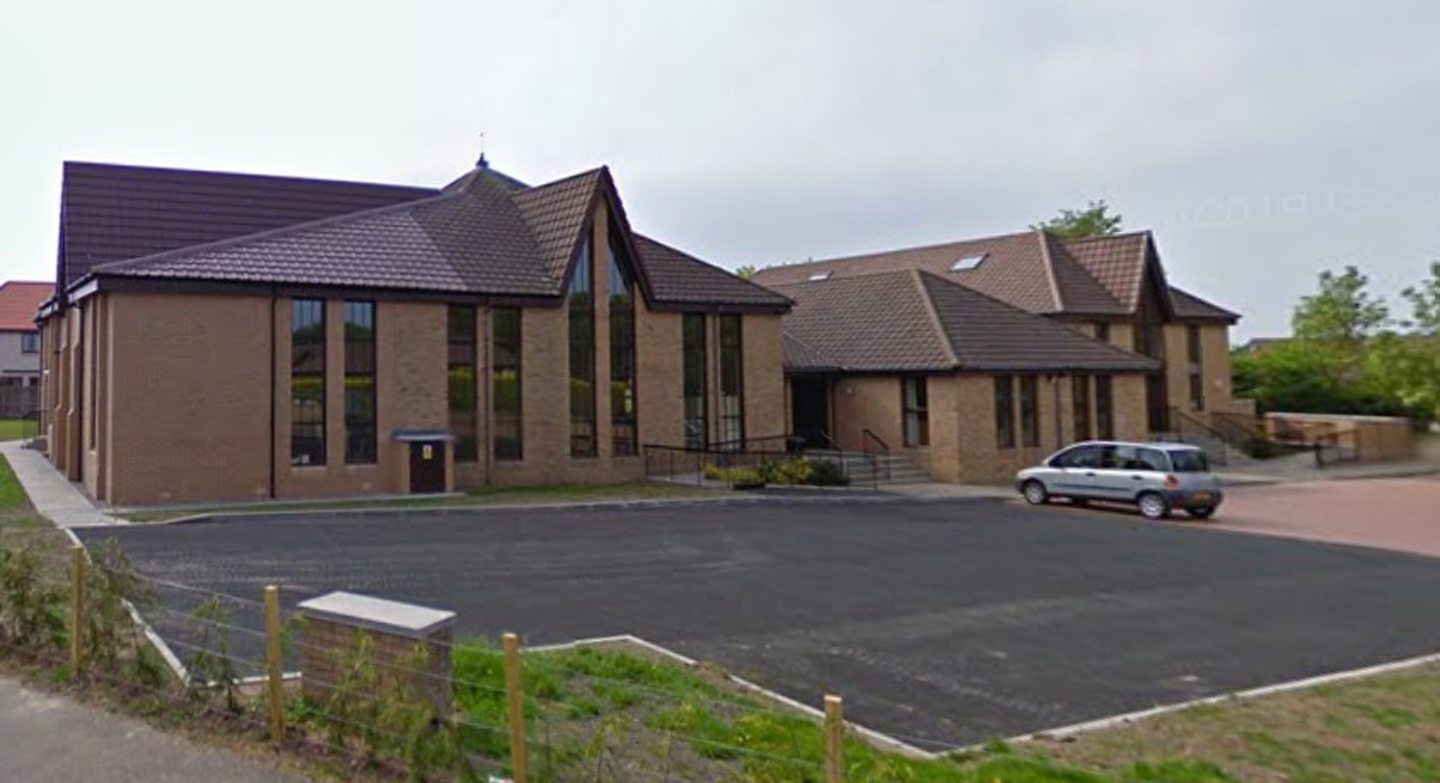
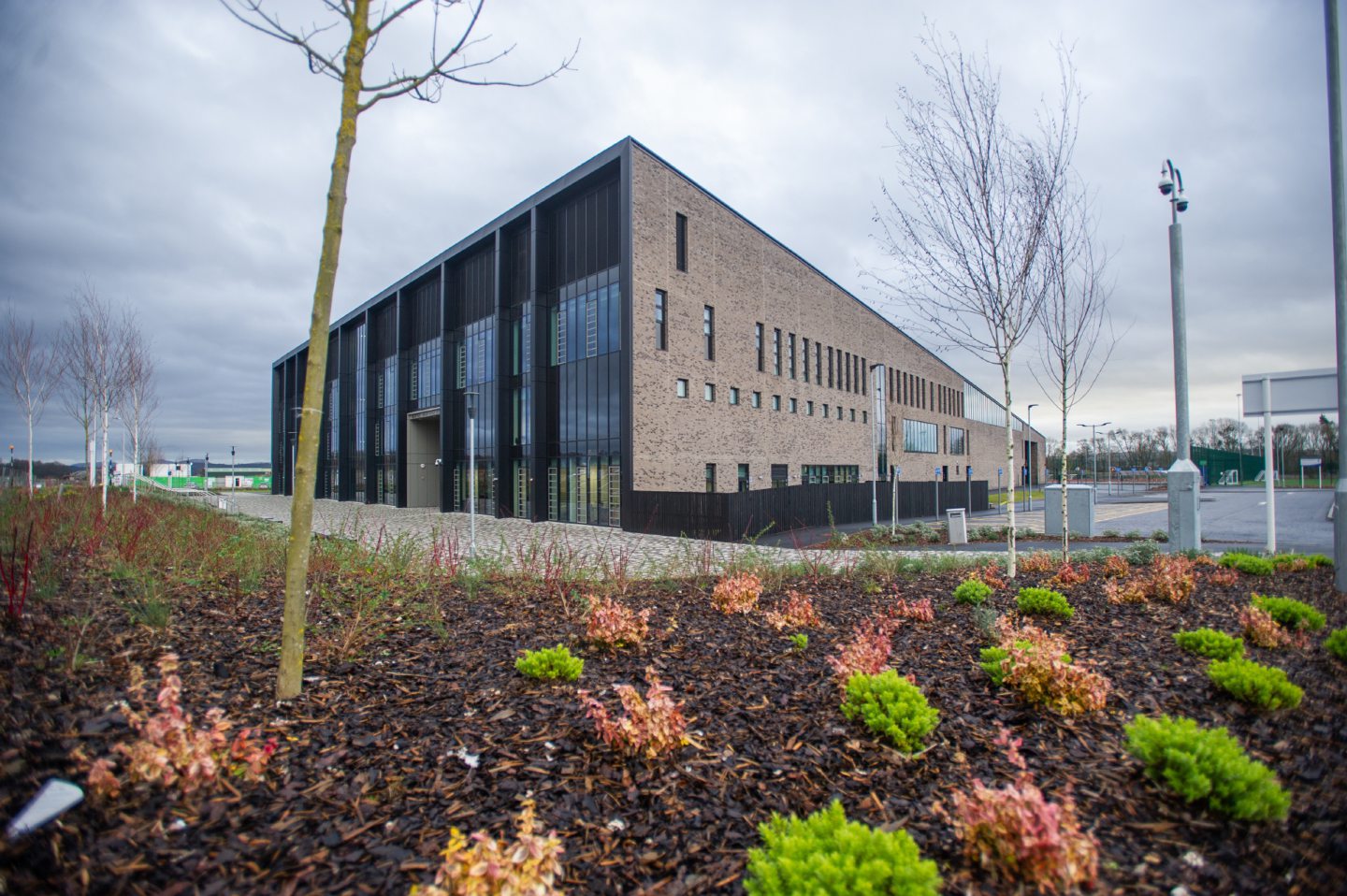

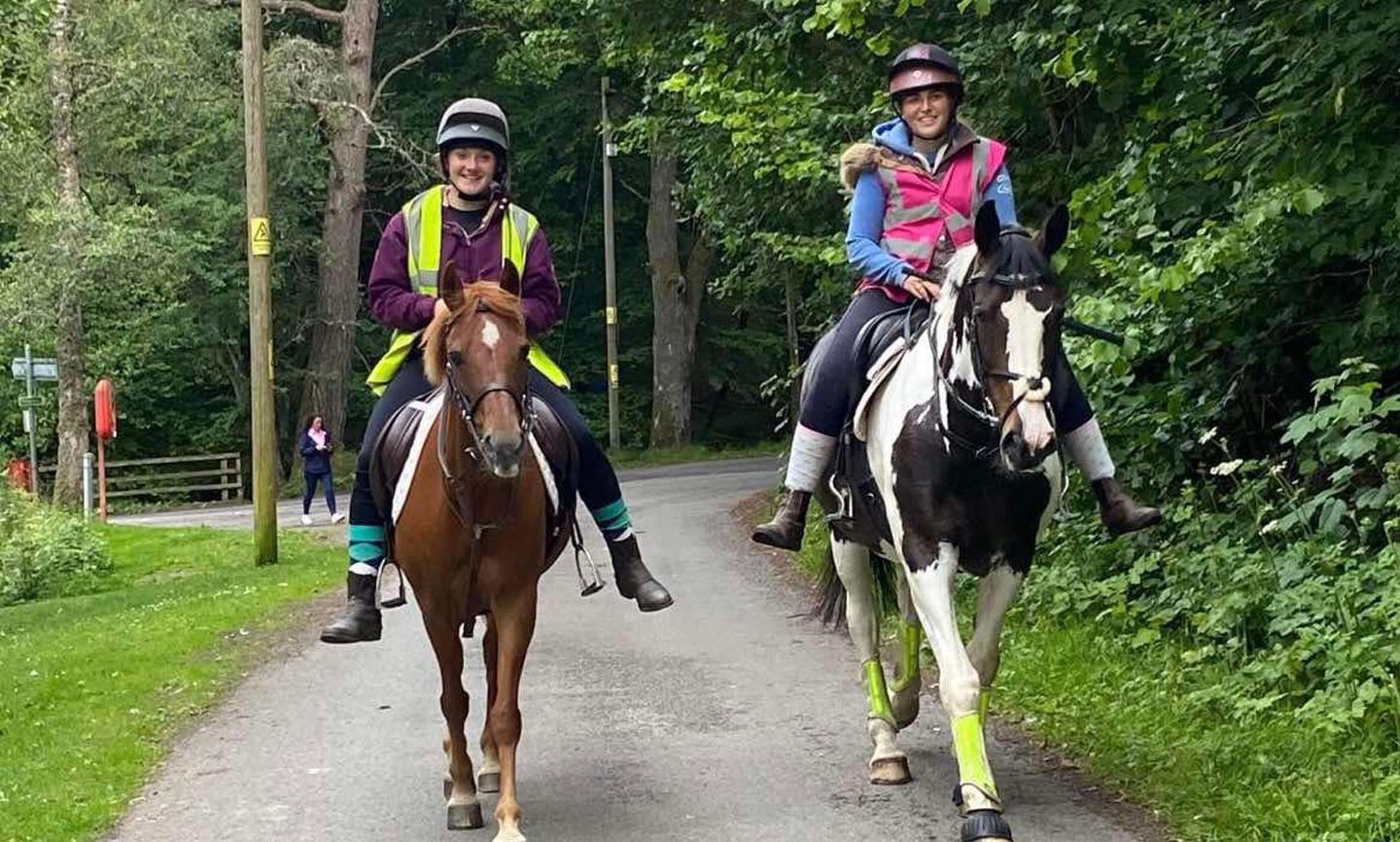
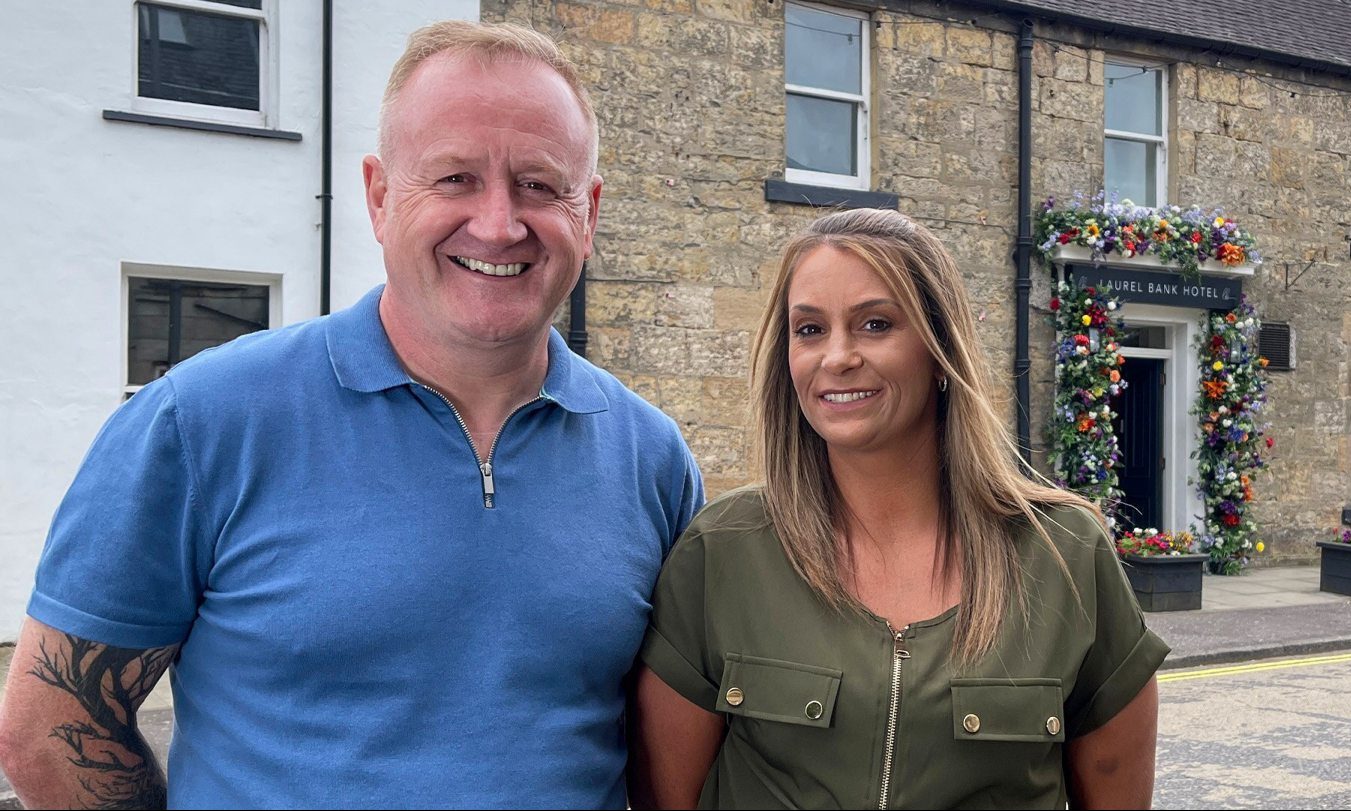
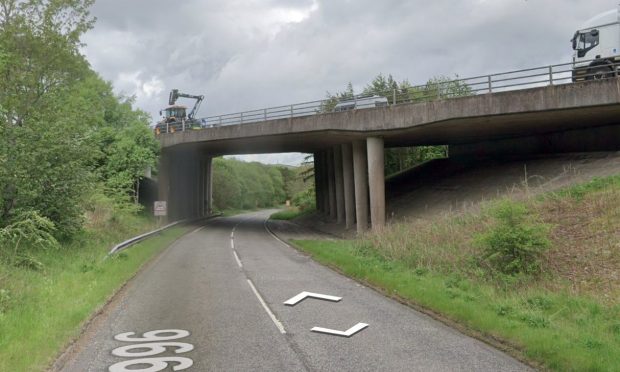
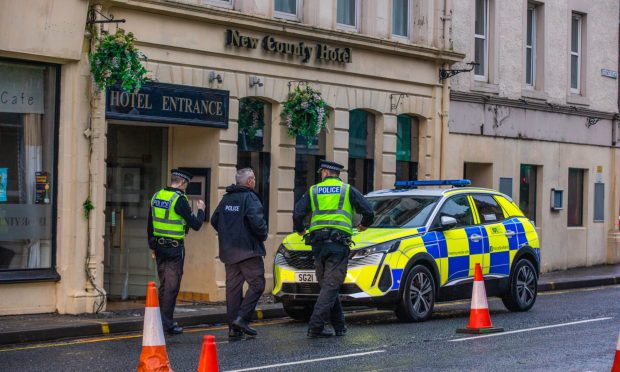
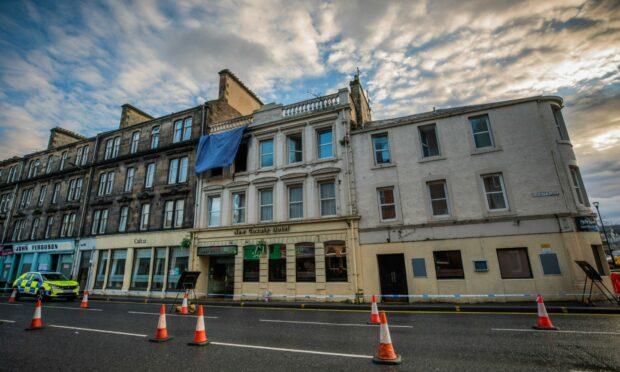
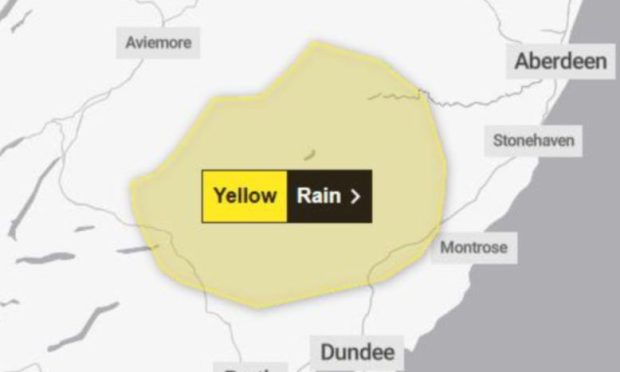
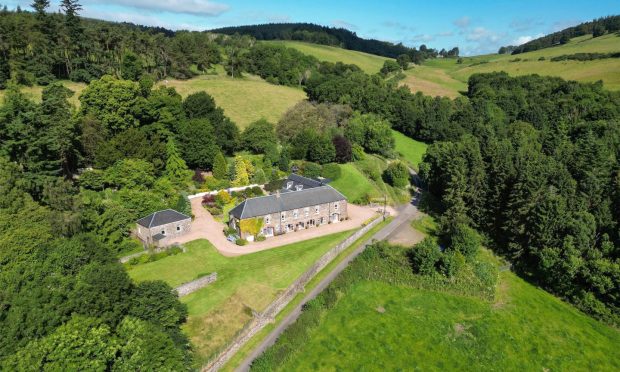
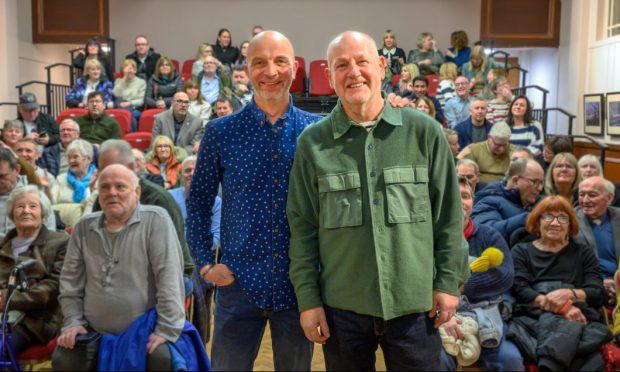
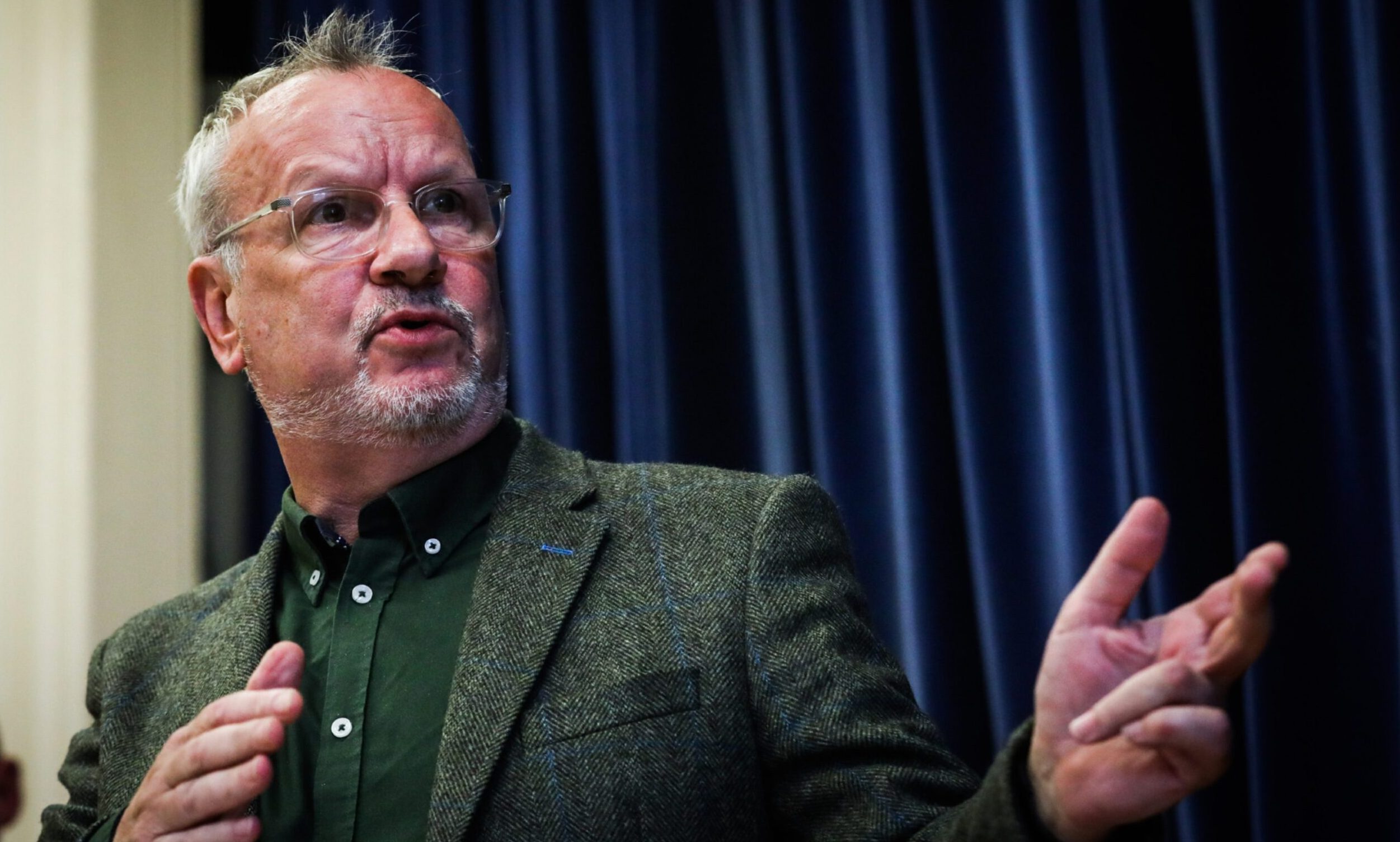
Conversation